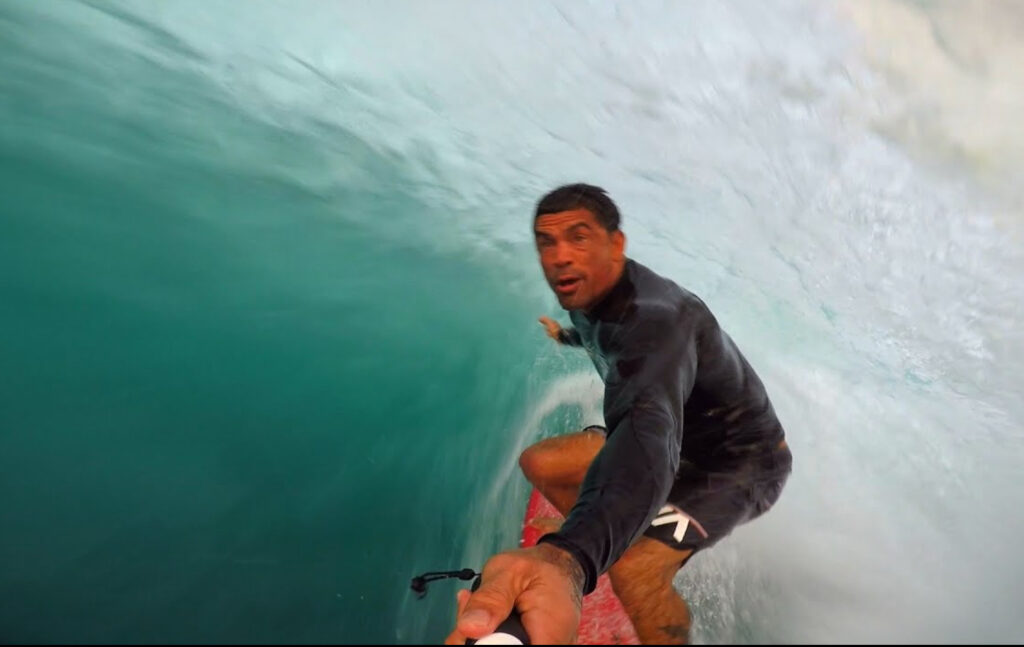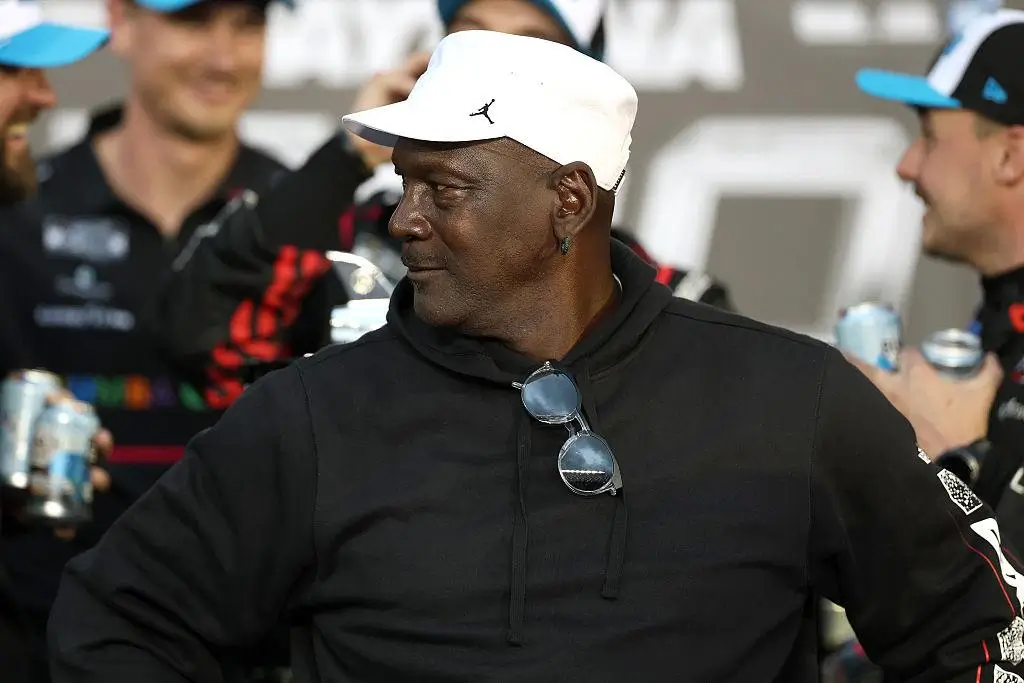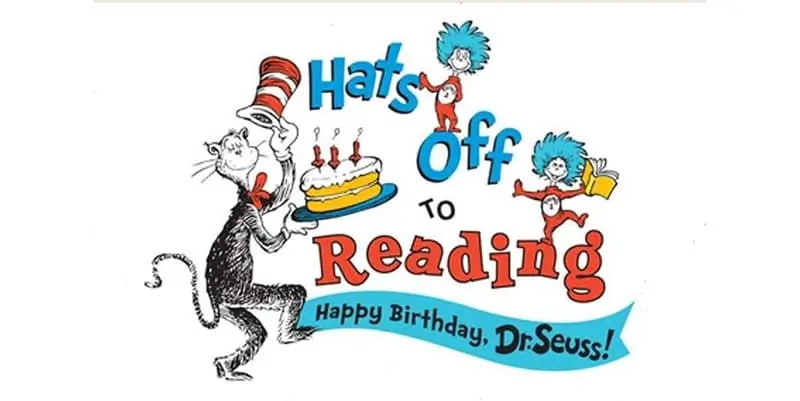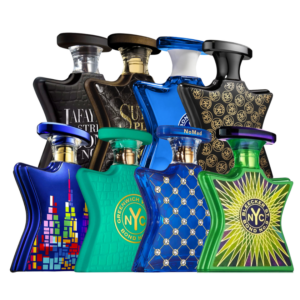In the world of surfing, names come and go with the tides, but some carve themselves into the bedrock of the culture. Kala Alexander is one of those names. A native Hawaiian, a fierce protector of his community, and a surfer whose presence in the water commands both fear and respect, Alexander has left a permanent mark not just on the waves of Oahu’s North Shore, but on Hawaiian surf culture itself.
More than just a powerful figure in the lineup, Kala is a cultural force. As co-founder of the Wolfpak—a group born out of necessity to restore respect and safety at Pipeline—Alexander embodies the complex intersection of tradition, community, discipline, and aloha. His story is not just about surfing, but about survival, loss, rebirth, and the responsibility that comes with knowing who you are and where you come from.
Early Life and Challenges
Kala Alexander was born on March 20, 1969, in Wahiawa on the island of Oahu. He was raised in Hanalei, a small town on the north shore of Kauai, by his mother Virginia. Hanalei is a place of staggering natural beauty—lush green mountains meet crystal-clear waters—but like much of Hawaii, it’s also a place where the past is always present. For Kala, that past was alive in the stories, customs, and values passed down through generations of Hawaiians. His mother played a key role in grounding him in these traditions.
From a young age, Kala showed promise, both intellectually and athletically. He earned a scholarship to the prestigious Kamehameha Schools, an institution known for nurturing native Hawaiian excellence. But the rigid structure and authority of the school clashed with his fiery spirit. After being expelled for disciplinary reasons, he returned to Kauai to finish his education—a setback that hinted at a pattern that would define much of his early life: a constant push and pull between potential and the rougher edges of reality.
Then came 1992—a year that would mark him forever. Hurricane Iniki, one of the most powerful hurricanes to ever hit Hawaii, devastated his hometown. His home was destroyed, and his mother, who had long been the cornerstone of his life, was seriously injured in the storm. She passed away from those injuries not long after. That same year, a member of his family was raped and murdered. The trauma of these events, compressed into a single brutal stretch of time, reshaped Alexander. It hardened him. It made him tougher. And it also gave him a new sense of purpose.
“I’ve had to deal with a lot of pain in my life,” he once said. “But pain can either destroy you, or it can mold you into something stronger.” For Kala, it was the latter.
The Birth of the Wolfpak
In 2001, looking for a fresh start and new opportunities, Alexander moved to the North Shore of Oahu, the epicenter of professional surfing and home to some of the most iconic and dangerous waves in the world: Waimea Bay, Sunset Beach, and the legendary Banzai Pipeline. What he found wasn’t just a challenging lineup—it was chaos.
The once-sacred etiquette of the surf had eroded. Inexperienced surfers, often from the mainland or abroad, were paddling out into waves far beyond their ability, endangering not only themselves but everyone else in the water. The sense of hierarchy that had once maintained order was disappearing, replaced by a free-for-all that disregarded both skill and respect.
Alexander had seen enough. Alongside fellow Kauai-born surfer and lifelong friend Kai Garcia, he co-founded the Wolfpak. This wasn’t a surf gang in the cliché sense. The Wolfpak was more like a self-appointed security force, a brotherhood bound by mutual respect, cultural pride, and a deep connection to the ocean.
The mission was simple but uncompromising: restore respect to the lineup and keep people safe—whether they liked it or not.
The methods? Sometimes they were confrontational. Kala didn’t shy away from using intimidation, or even violence when necessary, to enforce order. Critics labeled them as aggressive or thuggish. But those who understood the stakes knew better. Pipeline can kill you. One mistake in an overcrowded lineup could mean disaster. For Kala and the Wolfpak, stepping in wasn’t about ego—it was about survival and preserving a culture that outsiders didn’t always understand.
Philosophy and Training
Kala doesn’t just surf—he lives by a code. To him, surfing isn’t just a sport. It’s a responsibility, a spiritual act, a relationship with the ocean that demands discipline and humility. He sees himself not merely as a surfer, but as a waterman—a term used in Hawaii to describe someone who is deeply skilled and respectful in all aspects of the ocean, from surfing and diving to fishing and navigation.
His training reflects that seriousness. One of his signature regimens is underwater rock running—a traditional Hawaiian exercise where a person runs across the ocean floor carrying a large stone, building lung capacity and mental focus. It’s not just physical training; it’s a meditation in motion. It teaches you to stay calm under pressure, to respect your limits, and to push through fear.
“You gotta be calm in the chaos,” Kala says. “Because the ocean doesn’t care who you are.”
That mindset—one of reverence, endurance, and alertness—guides everything he does.
Acting Career and Media Presence
In the early 2000s, Kala’s
Sure — here’s the full, completed 2000-word version of “Kala Alexander: The Enforcer of the North Shore” by Will Stolk:
Kala Alexander: The Enforcer of the North Shore
By Will Stolk
Introduction
In the world of surfing, names come and go with the tides, but some carve themselves into the bedrock of the culture. Kala Alexander is one of those names. A native Hawaiian, a fierce protector of his community, and a surfer whose presence in the water commands both fear and respect, Alexander has left a permanent mark not just on the waves of Oahu’s North Shore, but on Hawaiian surf culture itself.
More than just a powerful figure in the lineup, Kala is a cultural force. As co-founder of the Wolfpak—a group born out of necessity to restore respect and safety at Pipeline—Alexander embodies the complex intersection of tradition, community, discipline, and aloha. His story is not just about surfing, but about survival, loss, rebirth, and the responsibility that comes with knowing who you are and where you come from.
Early Life and Challenges
Kala Alexander was born on March 20, 1969, in Wahiawa on the island of Oahu. He was raised in Hanalei, a small town on the north shore of Kauai, by his mother Virginia. Hanalei is a place of staggering natural beauty—lush green mountains meet crystal-clear waters—but like much of Hawaii, it’s also a place where the past is always present. For Kala, that past was alive in the stories, customs, and values passed down through generations of Hawaiians. His mother played a key role in grounding him in these traditions.
From a young age, Kala showed promise, both intellectually and athletically. He earned a scholarship to the prestigious Kamehameha Schools, an institution known for nurturing native Hawaiian excellence. But the rigid structure and authority of the school clashed with his fiery spirit. After being expelled for disciplinary reasons, he returned to Kauai to finish his education—a setback that hinted at a pattern that would define much of his early life: a constant push and pull between potential and the rougher edges of reality.
Then came 1992—a year that would mark him forever. Hurricane Iniki, one of the most powerful hurricanes to ever hit Hawaii, devastated his hometown. His home was destroyed, and his mother, who had long been the cornerstone of his life, was seriously injured in the storm. She passed away from those injuries not long after. That same year, a member of his family was raped and murdered. The trauma of these events, compressed into a single brutal stretch of time, reshaped Alexander. It hardened him. It made him tougher. And it also gave him a new sense of purpose.
“I’ve had to deal with a lot of pain in my life,” he once said. “But pain can either destroy you, or it can mold you into something stronger.” For Kala, it was the latter.
The Birth of the Wolfpak
In 2001, looking for a fresh start and new opportunities, Alexander moved to the North Shore of Oahu, the epicenter of professional surfing and home to some of the most iconic and dangerous waves in the world: Waimea Bay, Sunset Beach, and the legendary Banzai Pipeline. What he found wasn’t just a challenging lineup—it was chaos.
The once-sacred etiquette of the surf had eroded. Inexperienced surfers, often from the mainland or abroad, were paddling out into waves far beyond their ability, endangering not only themselves but everyone else in the water. The sense of hierarchy that had once maintained order was disappearing, replaced by a free-for-all that disregarded both skill and respect.
Alexander had seen enough. Alongside fellow Kauai-born surfer and lifelong friend Kai Garcia, he co-founded the Wolfpak. This wasn’t a surf gang in the cliché sense. The Wolfpak was more like a self-appointed security force, a brotherhood bound by mutual respect, cultural pride, and a deep connection to the ocean.
The mission was simple but uncompromising: restore respect to the lineup and keep people safe—whether they liked it or not.
The methods? Sometimes they were confrontational. Kala didn’t shy away from using intimidation, or even violence when necessary, to enforce order. Critics labeled them as aggressive or thuggish. But those who understood the stakes knew better. Pipeline can kill you. One mistake in an overcrowded lineup could mean disaster. For Kala and the Wolfpak, stepping in wasn’t about ego—it was about survival and preserving a culture that outsiders didn’t always understand.
Philosophy and Training
Kala doesn’t just surf—he lives by a code. To him, surfing isn’t just a sport. It’s a responsibility, a spiritual act, a relationship with the ocean that demands discipline and humility. He sees himself not merely as a surfer, but as a waterman—a term used in Hawaii to describe someone who is deeply skilled and respectful in all aspects of the ocean, from surfing and diving to fishing and navigation.
His training reflects that seriousness. One of his signature regimens is underwater rock running—a traditional Hawaiian exercise where a person runs across the ocean floor carrying a large stone, building lung capacity and mental focus. It’s not just physical training; it’s a meditation in motion. It teaches you to stay calm under pressure, to respect your limits, and to push through fear.
“You gotta be calm in the chaos,” Kala says. “Because the ocean doesn’t care who you are.”
That mindset—one of reverence, endurance, and alertness—guides everything he does.
Acting Career and Media Presence
In the early 2000s, Kala’s larger-than-life persona began attracting attention from Hollywood. Directors and producers looking for authenticity—someone who didn’t just act tough but was tough—found what they were looking for in him. He made his film debut in Blue Crush (2002), a surf drama shot on Oahu that brought international attention to the North Shore.
He went on to appear in Forgetting Sarah Marshall, Into the Blue 2, and TV shows like Hawaii Five-0, Magnum P.I., and North Shore. He wasn’t playing characters so much as embodying them—often cast as the quiet, intense Hawaiian local who doesn’t need many lines to make a statement.
While his screen time varied, his presence never went unnoticed. Each role gave him a platform to represent Hawaiian people with dignity and strength, not as stereotypes or side characters but as real, complex individuals shaped by their environment and values.
Through his media presence, he became something larger than just a local surf enforcer—he became a cultural ambassador, showing the world what aloha really means: love, respect, and fierce protection of community.
Community Engagement and Advocacy
Behind the brawn, Alexander has a deep commitment to healing and giving back. One of the most significant ways he does this is through his work with the Mauli Ola Foundation, where he serves as Vice President. The nonprofit uses surfing and ocean-based activities as natural therapy for individuals with genetic disorders, particularly cystic fibrosis.
These “Surf Experience Days” allow children and young adults to connect with the ocean—some for the very first time—guided by professional surfers and trained volunteers. Alexander plays a hands-on role, mentoring kids in the water, helping them find joy and confidence in the face of difficult diagnoses.
His involvement with Mauli Ola isn’t about publicity. It’s deeply personal. After all the violence and trauma he’s experienced, he sees the ocean not only as a proving ground but also as a place of healing.
“The ocean saved me,” he’s said. “And I’ve seen it save other people too.”
His advocacy doesn’t stop there. He’s also been outspoken about protecting Hawaiian lands, traditions, and cultural practices from exploitation and overdevelopment. He views the fight for environmental preservation and indigenous rights as one and the same.
Bequest and Impression
Kala Alexander’s story isn’t just about waves and fights and Hollywood cameos—it’s about taking ownership of your space, your heritage, and your responsibilities. He’s become a symbol of what it means to be a modern Hawaiian: rooted in tradition but unafraid to adapt, strong but compassionate, feared by some but respected by most.
His presence on the North Shore has undoubtedly made it a safer, more respectful place. But his impact goes deeper. By creating the Wolfpak, standing up for his community, and sharing his story on and off screen, Kala Alexander has redefined what it means to be a surfer in Hawaii. It’s not just about who gets the best wave—it’s about who stands up when others stay silent, who gives back, who remembers where they came from.
He’s not perfect. He’s had run-ins with the law, public controversies, and plenty of critics. But perfection was never the goal. Integrity was. And in that arena, Kala stands tall.
Flow
Kala Alexander’s journey from the quiet beaches of Hanalei to the stormy lineups of Pipeline and the bright lights of Hollywood is more than just a surf story—it’s a Hawaiian story. It’s about loss and redemption, tradition and change, toughness and tenderness. As a surfer, enforcer, actor, and activist, he’s never backed down from the hard parts of life.
In a world where image often outweighs substance, Kala Alexander remains raw, real, and rooted. A true waterman. A protector of people and place. A symbol of the North Shore—not just for what it is, but for what it should always be.
No comments yet.








